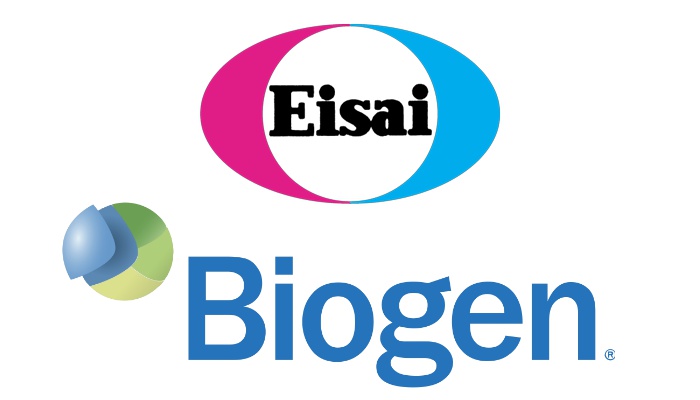Japan set to approve Alzheimer's drug Leqembi by Monday
Eisai-Biogen treatment clears fast-track review after U.S. green light in August.
TOKYO -- Japan's health ministry is preparing to formally approve as early as Monday the manufacture and sale of an Alzheimer's drug developed by Japanese pharmaceutical company Eisai and U.S. partner Biogen.
Lecanemab, marketed as Leqembi, will be Japan's first treatment for the disease that has been shown to be effective at slowing its progression. Tokyo will later determine pricing for coverage under Japan's national health insurance system. The drug is expected to be available to doctors as soon as this year.
Tokyo will later determine pricing for coverage under Japan's national health insurance system. The drug is expected to be available to doctors as soon as this year.
Eisai applied for approval for lecanemab in January. It was granted priority review status, which shortens the process to nine months. A health ministry panel gave the green light for approval in late August.
In the U.S., where lecanemab was fully approved in July, the treatment costs $26,500 a year. It is expected to be costly in Japan as well. Lecanemab does not cure Alzheimer's. Its use is limited to patients in the early stages of the disease who have yet to be significantly impaired.
Lecanemab does not cure Alzheimer's. Its use is limited to patients in the early stages of the disease who have yet to be significantly impaired.
Alzheimer's disease occurs when a protein called amyloid beta accumulates in the brain and destroys healthy nerve cells, causing brain atrophy. Lecanemab can eliminate amyloid beta and slow the progression of the disease.
The results of a clinical study announced last year showed that lecanemab slowed the rate of cognitive decline by 27%.





No comments:
Post a Comment
Note: Only a member of this blog may post a comment.